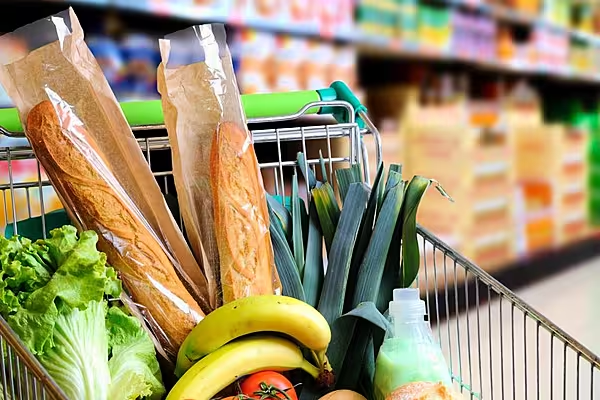Following the sterling’s tumble below 90p in a ‘flash crash’ on Friday, 7 October, the Food and Drink Industry Ireland (FDII) have warned that the economic consequences for the sector could exceed that of previous currency crises, and called on the government to introduce immediate remedial measures.
FDII Director Paul Kelly said: “The current change in currency value is structural, not cyclical, and has occurred following fundamental changes to the economic and business environment domestically and in the UK. This makes it next to impossible to pass through currency changes to export customers or absorb them within businesses. The likely damage is potentially enormous in terms of reduced export volumes and job losses.”
A report published by the FDII looked at the dangers a weak sterling would pose for the Irish economy, and determined that a 1% weakness in sterling results in a 0.7% drop in Irish exports to the UK. A further analysis carried out by Ibec’s Economic Unit for FDII estimated that a sustained period of euro/sterling near the 90p mark would translate to a loss of €700 million in food exports and 7,500 Irish jobs.
Paul Kelly cited further factors that put pressure on the food and drink sector, such as the likelihood that UK monetary policy would support a weak sterling in the medium term, and the possibility of the UK grocery retail sector shifting its preferred supplier status from Ireland to alternative supply markets in South America and Oceania.
Ibec surveys have shown that half of food and drink companies had hedging or pricing arrangements in place. Many of these would be reset at year end and this will impact immediately on food and drink companies’ ability to continue to do business with the UK at current price levels.
In response to these pressures, the FDII have called for government support by recommending the inclusion of €25 million fund to support companies diversifying into new markets in the 2017 budget, and the reintroduction of the Employment Subsidy Scheme and the Enterprise Stabilisation measures last applied in 2009-2011.
It has also suggested a review of the Brexit impact on FoodWise 2025 and the establishment of a Government taskforce to engage with the food and drink sector.
© 2016 - Checkout Magazine









